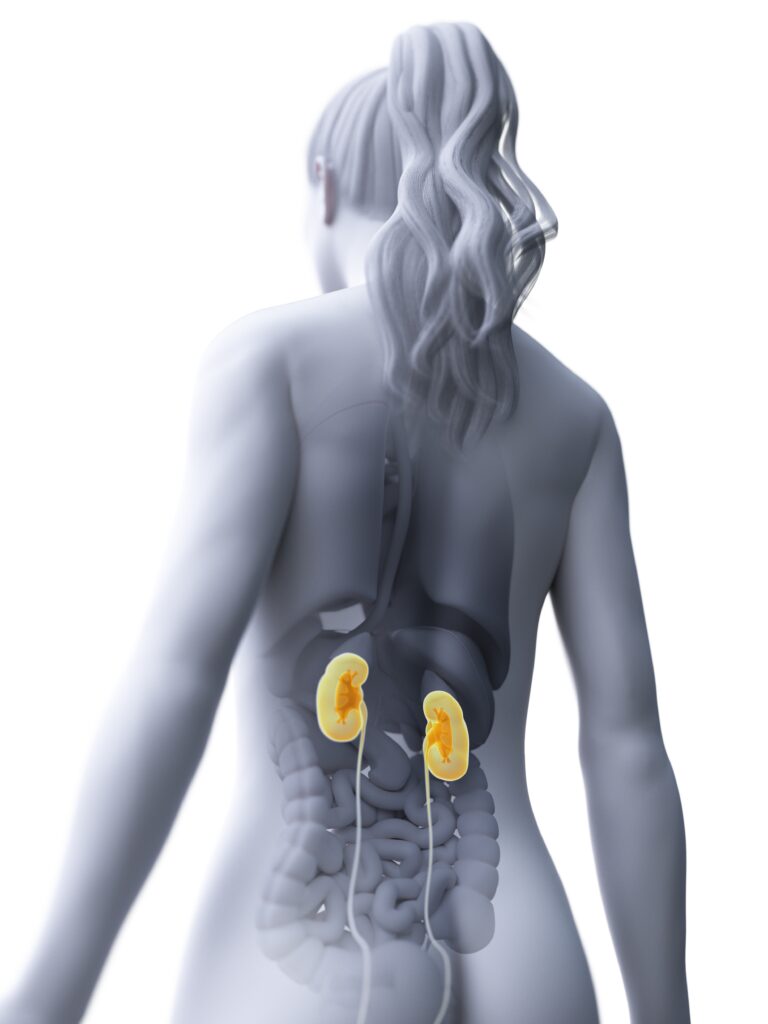
Two bean-shaped organs make up the kidneys in the renal system. They aid in the process of eliminating waste via urination. In addition, they aid in the filtration of blood before it is returned to the heart. The kidneys handle numerous essential tasks.
- maintaining overall fluid balance
- regulating and filtering minerals from blood
- filtering waste materials from food, medications, and toxic substances
- creating hormones that help produce red blood cells, promote bone health, and regulate blood pressure
8. Muscle Cramps
It is possible that kidney illness is to blame for the leg cramps. Chronic kidney disease has been linked to peripheral neuropathy and limb pain. Pain or restless leg syndrome in those on dialysis has been linked to poor sleep quality, according to the National Institute of Diabetes and Digestive and Kidney Diseases.
7. Swelling
When the kidneys aren’t working as they should, salt builds up in the body. Swelling of the ankles, feet, and hands are symptoms of kidney disease. It’s not pleasant, and it might give you a headache if your kidneys or fluid retention causes it.
Many medical conditions, including heart disease, liver ailment, and varicose veins, may lead to the swelling of the lower extremities, known as edema. Swelling of the hands, cheeks, and joints occurs when the kidneys cannot remove excess fluid from the body.
RELATED: Your Kidneys Need You, Here’s How To Help Them
6. Puffy Eyes
One of the signs is puffy eyes. Mild swelling may not necessarily indicate kidney disease. Nephrotic syndrome is suspected when there is edema of the face, hands, and feet.
If you sustain damage, protein can become lost in your urine. Leakage of three grams or more of protein per twenty-four hours characterizes nephrotic syndrome.
5. Fatigue
You’re worn out, depleted of willpower, and unable to focus. Damage to the kidneys may lead to poisonous blood. The stress and weakness you feel are direct results of this issue. Patients may feel tired because of low blood oxygen levels.

4. Frequent Urination
How often do you need to go to the bathroom throughout the night? You may have an issue with your kidneys. Infections of the prostate or urinary tract are possible in men.
Numerous folks report being unable to urinate or experiencing discomfort while trying to. An extended stop to use the toilet may not be the best option.
You should see a doctor immediately if you’re having this problem. The National Kidney Foundation (NKF) warns that protein in one’s urine is an early sign of impairment to the kidneys’ filtration systems.
Urinating Troubles:
- Pale pee or urinating greater volumes frequently.
- Foamy urination
- Urges to urinate frequently at night
- When you pee, you feel the pressure.
3. High Serum Creatinine
Creatine is a waste product mostly eliminated by the muscles. It is typically eliminated via the kidneys. In normal circumstances, creatinine would be filtered by the kidneys and passed out of the body in urine.
Creatinine levels in the blood and urine are one way in which doctors may evaluate kidney function. This is evaluated by creatinine clearance. Creatinine levels over normal may indicate chronic kidney disease, although they are not dangerous on their own.
Clinicians may be able to better estimate kidney function using a serum creatinine blood test in addition to other factors such as age, weight, and medical history.
RELATED: Beware! Failing Kidneys Aren’t The Only Thing That Cause Kidney Disease kidney illness
2. Dry & Itchy Skin
The kidneys play a crucial role in the body. The kidneys function in various ways, including detoxification, cell production (including red blood cells and bone tissue), and mineral balance maintenance.
When the kidneys are unable to control blood pressure, it may cause the skin to become dry. Even though the itchiness comes and goes, kidney illness is almost always to blame.
1. Poor Concentration
The brain’s capacity to function is hindered by a lack of red blood cells, essential for synthesizing oxygen. Diarrhea, lightheadedness, and amnesia are all symptoms of kidney disease. Hypoxia, or low blood oxygen levels, may influence several body processes.
The brain is one of the most energy-intensive parts of the body; thus, this might impact mental performance. When patients don’t get enough to eat, they might feel drowsy and develop brain fog, making it hard for them to concentrate.









